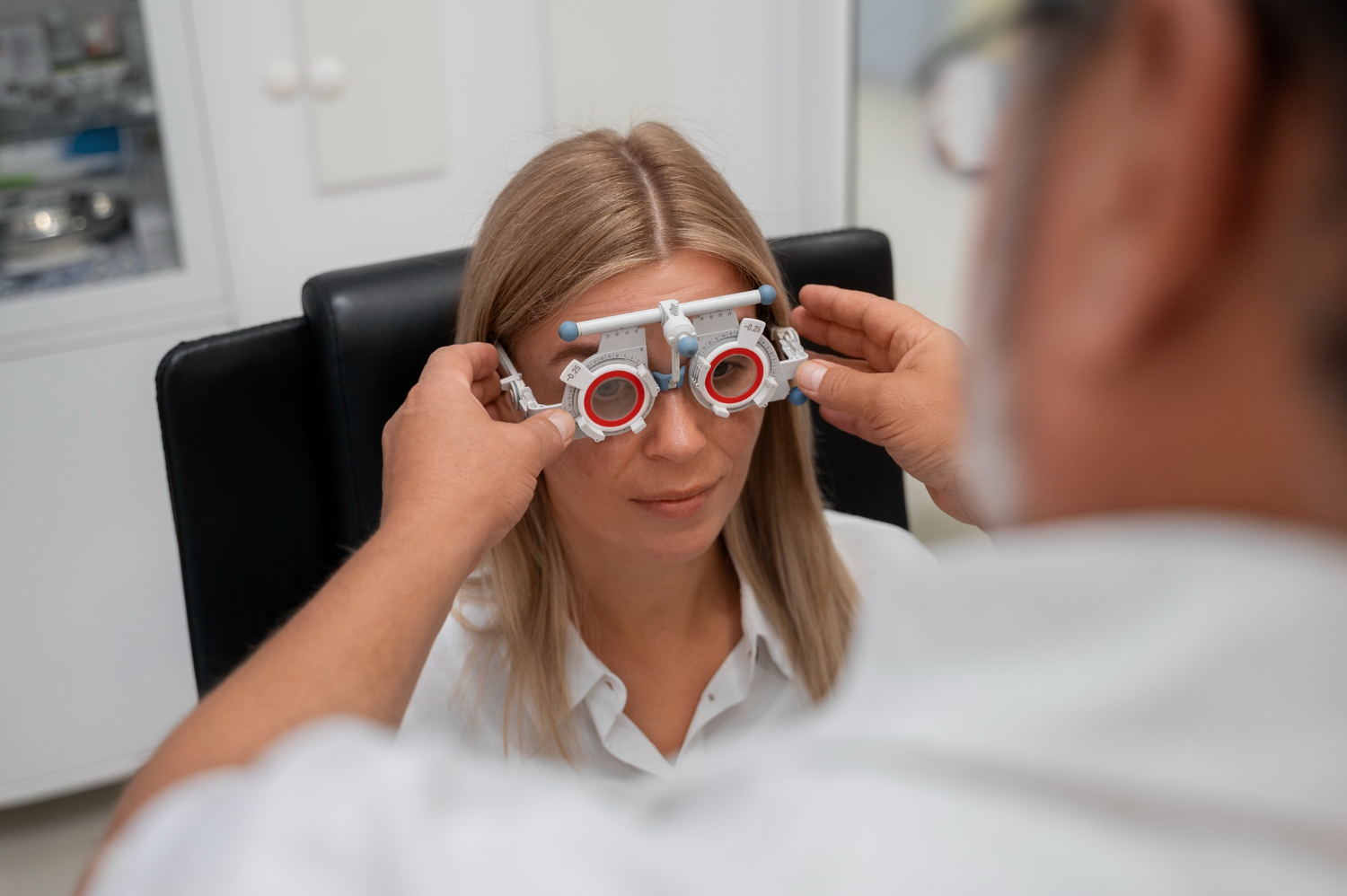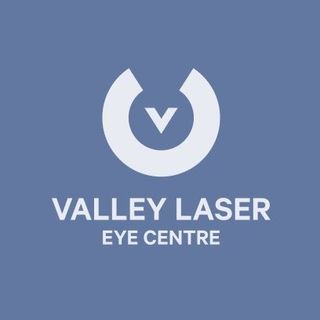Laser eye surgery or refractive surgery has become increasingly popular over the years. It allows millions of individuals to see clearly without the aid of contact lenses or eyeglasses. The technology for laser eye surgery has improved over the years to make it safer and more sophisticated. However, there are still some risks associated with laser eye surgery.
Here are some of the things you need to learn before undergoing laser eye surgery. Also, please remember that this blog post does not replace medical advice and should not be implemented before consulting a fully certified medical professional.
1. What are the different types of Laser Eye Surgery?
A lot of people don’t know that laser eye surgery has different types. Two of the most popular types are LASIK and PRK eye surgery (short for Photorefractive Keratectomy).
These treatments are perfect for curing nearsightedness, farsightedness, or astigmatism. A flap is cut into the cornea during a LASIK eye surgery through the top layer to access the treatment area. On the other hand, PRK involves removing the top layer of the cornea. Eventually, it will grow back after 72 hours. A similar treatment to PRK is LASEK.
2. What should I expect after the laser eye surgery?
It is best to talk to your surgeon to know what kind of post-operative care you need. The aftercare will ensure that the procedure is as effective as possible. Most surgeons will return you to your optometrist for aftercare.
The aftercare includes using medicated eye drops and follow-ups to ensure there are no complications. Doctors may also advise you to avoid playing sports or applying eye makeup for a short time. There are several tips and aftercare procedures you need to follow.
3. What are the risks of laser eye surgery?
It is best to point out that laser eye surgery is an invasive procedure wherein risks are still possible. Some of the common risks are overcorrection or undercorrection. These risks can cause a decrease in vision, inflammation, or infection of the cornea. Most patients who experience these will need to undergo a second surgery to deal with an overcorrection or undercorrection.
4. What are the limitations of laser eye surgery?
Most patients who undergo laser eye surgery report an improvement in their vision. However, there is no 100 percent guarantee that you will get 20/20 vision or won’t need to wear corrective glasses. According to a 2018 Vision Eye Institute article, you may still need to wear corrective glasses, depending on your case. Also, it doesn’t correct presbyopia, meaning you will still need reading glasses as you age.
5. Should I get laser eye surgery?
Many people may report positive results with laser eye surgery, but it doesn’t mean that it is a solution for all. Your doctor will need to consider different factors before suggesting you have the surgery. There are several reasons you might not qualify, such as cornea diseases or severely dry eyes. Talk to your optometrist or ophthalmologist first to find out if you’re an ideal candidate for laser eye surgery.
Conclusion
Talk to your doctor to express your desire and concerns about laser eye surgery. Speak with someone legitimate and accredited. Laser eye surgery is still an intrusive procedure that must not be taken lightly. The more you know about your eye health and the procedures, the better your decision will be.
Valley Laser Eye Centre is a laser eye clinic and vision correction center in Abbotsford, BC.
We have state-of-the-art technology, a comfortable setting, and fantastic staff. They are highly trained and want to deliver a seamless vision clinic experience.





